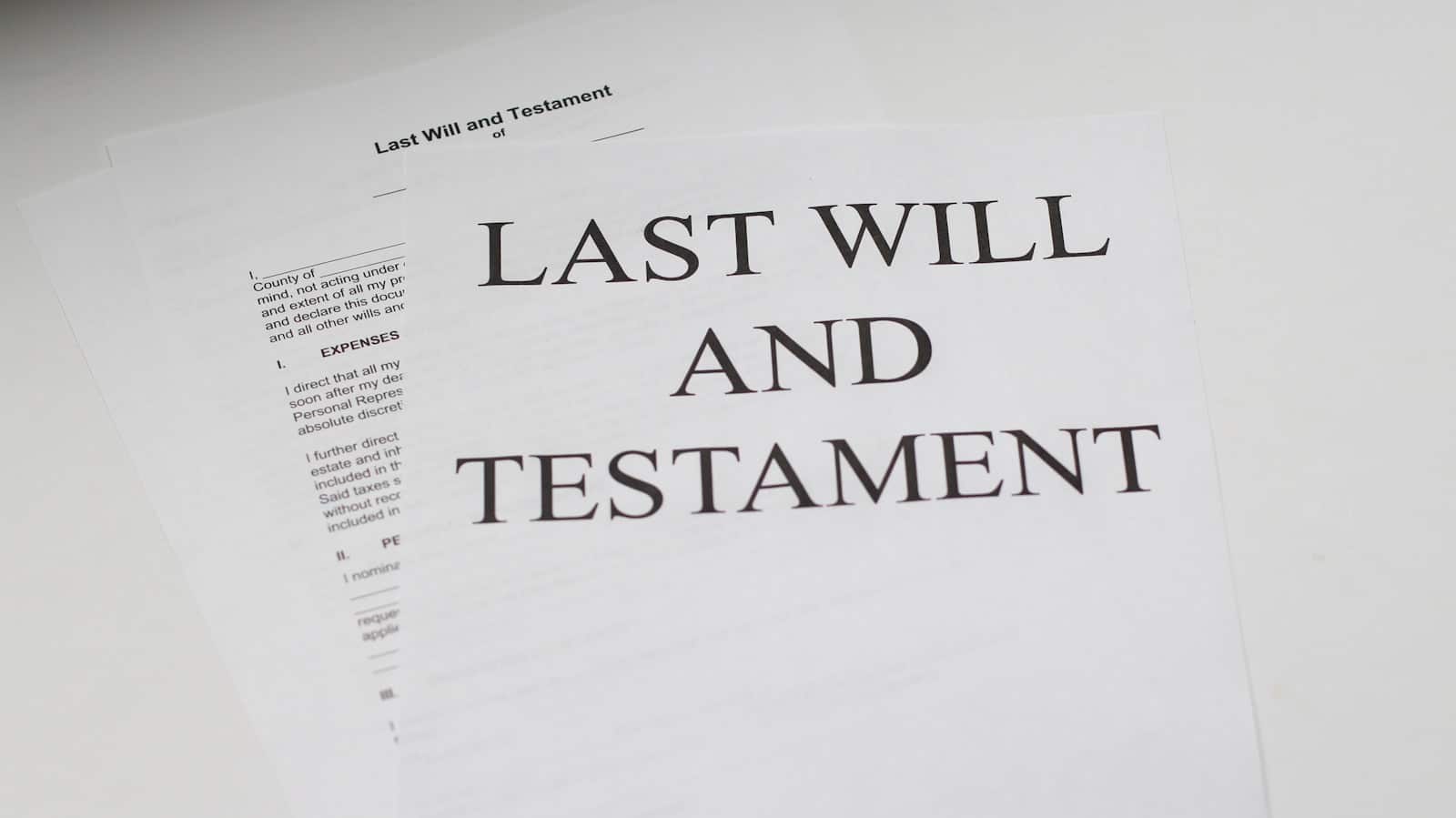
At Nosal & Jeter, LLP our estate lawyers represent surviving spouses, children, heirs, interested parties, executors, and administrators in litigating estate disputes in North and South Carolina. Our attorneys understand the time sensitive nature of these legal issues and will zealously advocate for your legal rights by either defending or challenging the validity of a Will or other probate litigation, including petitioning to remove an Estate Executor or Administrator.
Skilled in Litigating and Settling Caveat Proceedings and Estate Disputes
Contesting a Will in North Carolina is called a “Will Caveat.” The purpose of a caveat is to determine whether the writing submitted to probate as a Will is in fact the Last Will and Testament of the decedent.
While there are many legal grounds for challenging a will, the most common allege that the Will was created under Undue Influence or that the testator did not have testamentary capacity. Other grounds that are somtimes raised include: failure to comply with statutory formalities, fraud or duress, and mistake.
The Caveat must be filed within three (3) years of the probate of the Will to be contested.
Unlike a civil action, there are no “plaintiffs” or “defendants” in a Will Caveat. Instead, the person who challenges the will is called the “caveator” and the person defending the validity of the will who submitted it to probate is called the “propounder.”
Any person entitled under the Will or interested in the Estate of the decedent may appear in person or by attorney before the Clerk of Superior Court and enter a Caveat to the probate of the Will.
If you have questions regarding a Will Caveat or Estate Proceeding, call Nosal & Jeter, LLC at (704) 608-3429 to speak to a North Carolina Probate Lawyer about your legal issue.